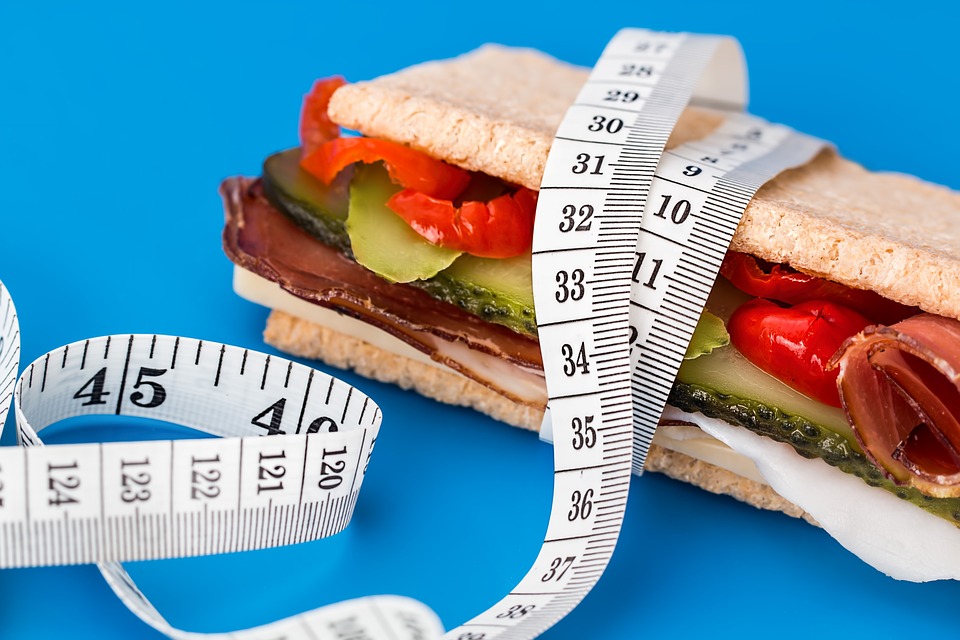Mastering Portion Control: How to Eat Smaller without Feeling Deprived
Portion control is a key aspect of maintaining a healthy diet and managing weight. By learning how to eat smaller portions without feeling deprived, you can achieve your health goals without sacrificing taste or satisfaction. In this article, we will discuss tips and strategies for mastering portion control and making mindful choices when it comes to food.
Understanding Portion Sizes
Before we delve into ways to master portion control, it’s important to understand what constitutes a proper portion size. Portion sizes have grown significantly over the years, leading to overeating and weight gain. A standard portion size is typically smaller than what is served in restaurants or packaged foods. By familiarizing yourself with recommended portion sizes for different food groups, you can make more informed choices about how much to eat.
Tips for Mastering Portion Control
1. Use smaller plates: By using smaller plates and bowls, you can trick your brain into thinking you are eating more than you actually are. This can help you feel satisfied with smaller portions.
2. Measure your food: Invest in a food scale or measuring cups to accurately portion out your meals and snacks. This can help prevent overeating and ensure you are sticking to recommended serving sizes.
3. Practice mindful eating: Pay attention to your hunger and fullness cues while eating. Eat slowly, savoring each bite, and stop when you are satisfied, not overly full.
4. Avoid distractions: Eating in front of the TV or computer can lead to mindless eating and overconsumption. Instead, focus on your food and enjoy the eating experience.
5. Plan your meals: By planning your meals and snacks ahead of time, you can avoid impulse eating and make healthier choices. Pack portioned snacks to take with you on the go.
6. Fill up on fruits and vegetables: Fruits and vegetables are low in calories but high in fiber, making them great choices for filling up without overdoing it on calories. Aim to fill half your plate with fruits and vegetables at each meal.
7. Practice portion distortion: Learn to eyeball portion sizes by comparing them to everyday objects. For example, a serving of meat should be about the size of a deck of cards, while a serving of pasta is about the size of a baseball.
8. Allow for treats: It’s okay to indulge in your favorite treats occasionally, but be mindful of portion sizes. Enjoy a small serving of dessert without feeling guilty.
FAQs
1. How can I prevent feeling deprived when eating smaller portions?
It’s important to focus on the quality of your food rather than the quantity. Choose nutrient-dense foods that are satisfying and filling, such as lean proteins, whole grains, and healthy fats.
2. Is it okay to use visual cues to estimate portion sizes?
Yes, using visual cues can be a helpful way to estimate portion sizes when you don’t have measuring tools available. Over time, you will become more adept at eyeballing portion sizes accurately.
3. What are some strategies for avoiding overeating at restaurants?
When dining out, consider sharing a meal with a friend or opting for an appetizer as your main course. Ask for a to-go box and pack up half of your meal before you start eating to avoid overindulging.
4. How can I resist the temptation to eat larger portions when I’m feeling hungry?
Try drinking a glass of water before meals to help fill you up and curb your appetite. Snack on high-fiber foods like nuts or seeds to keep hunger at bay between meals.
5. Should I avoid eating my favorite foods when trying to control portion sizes?
It’s important to enjoy your favorite foods in moderation. Allow yourself to indulge in small portions of your favorite treats occasionally to prevent feelings of deprivation.
6. Can I still lose weight while practicing portion control?
Yes, practicing portion control can help you manage your weight by reducing overall calorie intake. Combined with regular exercise, portion control can be an effective tool for weight loss and maintenance.
7. How can I deal with food cravings while trying to eat smaller portions?
When faced with food cravings, try distracting yourself with a non-food-related activity or opt for a healthier alternative to satisfy your craving. Remember that it’s okay to enjoy treats in moderation.
8. What are some long-term benefits of mastering portion control?
Mastering portion control can lead to improved digestion, better energy levels, and long-term weight management. By learning to eat smaller portions without feeling deprived, you can establish healthy eating habits that will benefit you for years to come.
For more information on mastering portion control and maintaining a healthy diet, check out this helpful article from Healthline.
 skyglide Explore Beyond
skyglide Explore Beyond

